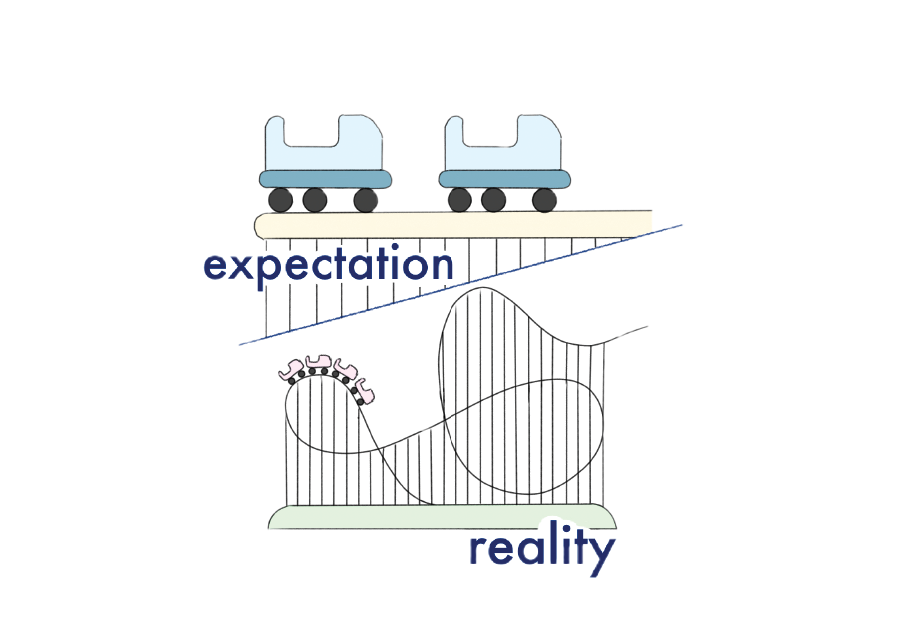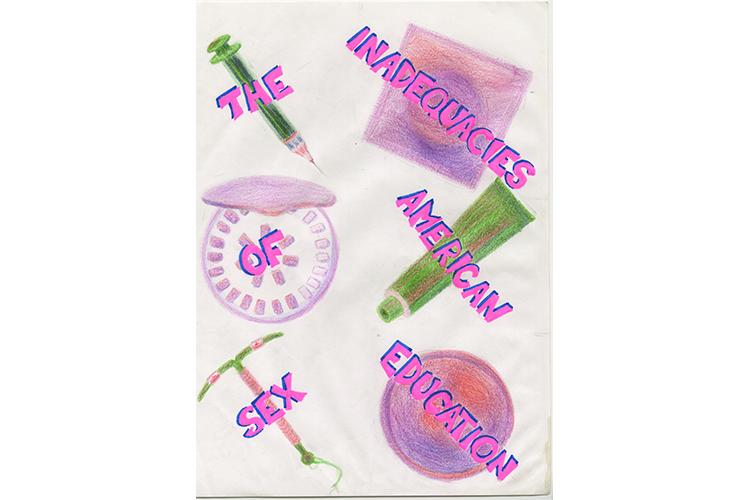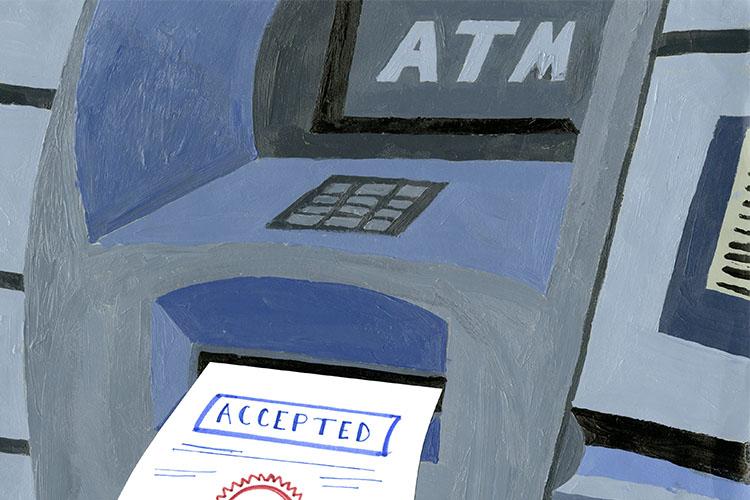//PICTURED ABOVE: Fewer exams may mean less stress for Hockaday students in the future.
If you had been in the vicinity of the Nancy A. Nasher and David J. Haemisegger Family Center for the Arts around noon on Jan. 8, you may have heard a torrent of cheers from the area of The Lacerte Family Black Box Theater. Although there had been rumors floating around, this was the day and time Form II Dean Jordan Innerarity officially announced to the sophomores that history, science and some language exams were being canceled this spring.
The scene was no doubt similar in other form meetings. Some students jumped for joy immediately after hearing the news, while others shook each other by the shoulders, incredulous.
Yet amid the excited chatter, one could make out faint grumbles from those who felt torn by this decision.
Having fewer exams may mean we won’t have to go through that long and tedious week of non-stop studying and drinking coffee in place of water. It relieves a majority of the stress on students’ shoulders as exam week approaches and on exam day itself.
The change also allows teachers to gain back the days lost due to the tornado and to help them catch up on their schedule. It will give them more time to teach students the necessary class content for the year.
But what does canceling most exams mean for students long-term? Exams are a way for teachers to receive feedback on the students’ progress, check their cumulative understanding of course material and gauge the amount of knowledge their students retain.
Exams are also a great way to prepare students for any lengthy or important test, whether it be standardized tests or exams in college. Although some Daisies might naturally be great test- takers, others need to develop this skill, especially when it comes to very long tests. This can only come with practice and experience in taking actual tests.
Furthermore, especially for those taking AP classes, the exam is a crucial component for preparing for the AP tests in May. Though we may be taking practice tests during class, we lose that essential preparatory exam that forces us to study all the content that has been taught throughout the year.
For some students, the exam is a critical way to help raise their grades, especially since exams count for 20 percent of a course’s year-long average. Because of the week that we are given for exam preparation, students have sufficient time to study the content needed to attain a beneficial grade.
Now this year, for science, history and some language classes, the final grade of the year will depend on the two semester grades. There is no buffer—the exam—to help raise a student’s average.
With the majority of exams canceled, there will definitely be a significantly lower amount of stress on everyone’s shoulders during that week and it will give teachers more time to teach their class content. Yet in the long run, spring exams are an essential step to guide the students for the future and to give them an opportunity to bolster their grades for the year.
Personally, some are relieved that there are fewer exams to take this year, because they dread the stress that comes with exam week. However, for AP classes, some actually wanted to take an exam, even though they would probably cry while studying for it. It would have helped them prepare for the AP test. So some students end up feeling conflicted.
There are benefits and disadvantages due to the change this year; although this is not the first year it has happened, we students will determine whether the benefits outweigh the losses. At least this year we won’t need to drink coffee or tea every single morning to make up for the late-night study sessions the night before.
Story by Hanna Zhang
Drawing by Kelsey Chen













